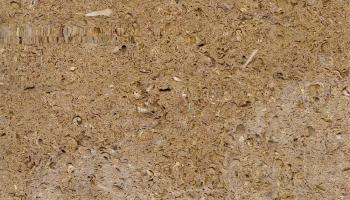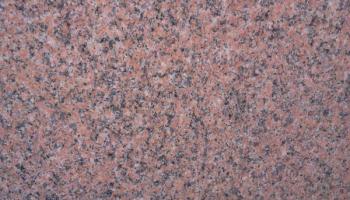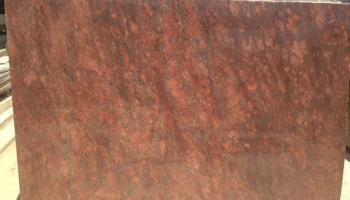FAQ
A: No! Granite and Trend Transformations’ unique slabs are manufactured to fit directly over your existing countertop. Using special adhesives, the slabs are adhered directly to the countertop surface. Our countertops can be installed over any hard, durable surface.
A: While each project varies (depending on the size of the space being transformed), Granite and Trend Transformations can typically install a standard size kitchen countertop and backsplash in one day.
No, since there is usually no demolition involved.
A: Yes. Our residential customers receive a Limited Lifetime Warranty on products manufactured by Granite and Trend Transformations, while our commercial customers receive a 5-year material warranty.
Yes, Granite and Trend Transformations offers cabinet refacing. Refacing your cabinets can often cost significantly less than replacing them, and saves time and stress associated with the demolition of existing cabinetry.
Using coasters under glasses and placing hot items on trivets or pot holders will help to keep your natural stone looking like it did the day it was installed. Many food items and drinks may contain acids that could etch or dull your stone. Countertops should be cleaned with a mild liquid dishwashing detergent and warm water. Do not use any household cleaning products, as this may break down the sealer on granite and may actually damage the surface of marble, limestone, or travertine.
Most of the time, marble and granite can be identified by visible particles at the surface of the stone. Marble has veining, and granite has a flecked or granular appearance. Natural stone is categorized into two general categories according to its composition: Siliceous stone is composed mainly of silica- or quartz-like particles and tends to be very durable and easy to clean. Included in this category are granite, slate, and sandstone. Calcareous stone is composed mainly of calcium carbonate. It is sensitive to acidic cleaning products and frequently requires different cleaning procedures than siliceous stone. These types of stones include marble, travertine, limestone, & onyx.
Granite is an igneous rock found more abundantly than quartzite, deep in the earth's crust, providing the base for the many continents' sedimentary rock. Quartzite consists of a larger volume of quartz than granite—under heat and pressure combined, quartzite is formed from sandstone and quartz, and depending on the amount of pressure to which it is subjected, empty grains of sandstone are stuffed with quartz. This means quartzite is actually harder than granites—on the Mohs scale of hardness from 1 to 10, with 10 being the hardest, granite measures in at around 6-6.5, and quartzite measures in at approximately 7.



